This article originated from a Commerce.gov 12-03-2014 news blog and is reprinted here.
The U.S. Commerce Department’s National Institute of Standards and Technology (NIST) has awarded $2.5 million in grants to 10 Hollings Manufacturing Extension Partnership (MEP) centers to pilot online regional business-to-business network projects. The networks will help match buyers and sellers of technologies or products and services in support of small and midsize manufacturers.
“The Commerce Department is committed to keeping our small and medium-size manufacturers globally competitive,” said U.S. Secretary of Commerce Penny Pritzker. “The Manufacturing Extension Partnership grants announced today are an example of our efforts to invest in cutting-edge technologies through public-private collaboration.”
Each awardee will receive a total of $250,000 for a two-year project. The pilots are designed to be scalable and interoperable to help determine if they might be expanded into a national network or a series of regional ones. The networks are expected to include technologies available at federal laboratories and universities and, therefore, enhance the framework for collaboration between the private and public sectors through the nationwide network of MEP centers.
“One of NIST-MEP’s goals is to improve the productivity of our domestic supply chains,” said Acting Under Secretary of Commerce for Standards and Technology and Acting NIST Director Willie May. “These projects will demonstrate a variety of innovative approaches to doing that by connecting small firms with larger corporations.”
The awardees and their projects are:
Oregon MEP (Portland, Ore.)
The Northwest Connectory Business-to-Business Network (NWB2B) will bring together Oregon MEP, Impact Washington (State of Washington MEP), the Pacific Northwest Defense Coalition and partnering trade associations, manufacturers, suppliers and other public-sector organizations in a regional consortium that will develop and maintain the pilot network. The business-to-business exchange tool they create will help manufacturers scout for local customers and suppliers, solicit bids, promote and seek emerging technologies and other related activities. The NWB2B project will build upon the existing NW Connectory, an online buyer-supplier network for Pacific Northwest manufacturing and technology companies that already contains vetted, full-text searchable profiles of more than 4,700 companies located in the Northwest.
Catalyst Connection (Pittsburgh, Pa.)
The Pennsylvania Network for Open Innovation will use an open innovation business model that instills a culture of innovation in small and medium-size manufacturing enterprises, increases their speed to market with more promising innovations, and thus, accelerates their business growth. It will leverage existing strong relationships and resources during the initiative, and the model will provide a basis for nationwide replication.
Manufacturers’ Edge (Boulder, Colo.)
The Pilot B2B Network will expand an existing network to the two areas in the state with the greatest concentration of manufacturers. The “Front Range” of Colorado is a north-south corridor that stretches almost 200 miles from Ft. Collins to Pueblo and houses the majority of manufacturing in the state. The “Western Slope” is another north-south manufacturing corridor anchored by Grand Junction, with a number of smaller cities. These two areas represent a broad diversity of manufacturers and economic regions, providing a scale-up test for a B2B network effort.
Massachusetts MEP (MassMEP) (Worcester, Mass.)
The Enterprise Massachusetts Network (EMN) aims to replicate the proven structure and management of the Enterprise Europe Network (EEN), leverage the vast business expertise and regional networks of MassMEP, and employ the technology acceleration and innovation network management expertise of research institute RTI International, to create a dynamic, expert-driven matchmaking system. It will match solution providers with business opportunities and drive matchmaking projects to successful conclusion. RTI is a partner in the US-EU Match consortium, which is the U.S. affiliate of the EEN. RTI will provide access to the EEN for the MassMEP EMN pilot and will also provide expertise in its use.
NYS Department of Economic Development (Albany, N.Y.)
The NYMEP-FuzeHub B2B Network Pilot will further develop and maintain the FuzeHub B2B Network covering New York State. The expansion of FuzeHub will enable the opportunity to package this model for use by other MEP centers, develop or expand partnerships with organizations, including IBM and Etsy, and provide a turnkey infrastructure to NIST MEP and other state MEP centers.
Georgia Tech Research Corporation – GA MEP (Atlanta, Ga.)
The Business-to-Business Network Pilot will leverage existing networks across five contiguous states in the Southeast, build a pilot model with a platform database solution powered by human input and matchmaking, and include supply chain partners, technology solutions and workforce enhancement. The project will focus on the Southeastern automobile supplier and technology network within the states of Mississippi, Tennessee, Alabama, South Carolina and Georgia.
Corporation for Manufacturing Excellence – Manex (Contra Costa, Calif.)
The Northern California Business to Business Matchmaking will bring together California MEP center Manex, regional public-private partnership SFMade, and private technology company BriteHub. They will implement a new design-manufacturing collaboration and sourcing platform to spur regional product design and innovation, connect new product demand to regional manufacturers, and provide a platform to facilitate the re-shoring of existing manufacturing demand to California.
California Manufacturing Technology Consultants – CMTC (Torrance, Calif.)
The California Business-to-Business Network (CB2BN) will unite CMTC and core partners Manex, GBL Systems Corporation, and Industrial Interface, Inc. in an e-commerce partnership designed to comprehensively match domestic and international business opportunities and technologies with small- and medium-size manufacturers in California.
North Carolina State University – NC Industrial Extension Service (Raleigh, N.C.)
The Open Nomenclature Process for Organizing Interpersonal Networks and Technology (ON_POINT B2B) supports the North Carolina MEP at N.C. State University’s Industrial Extension Service in enhancing the competitiveness of small- and medium-size manufacturers across the state. The ON_POINT pilot project will strengthen statewide economic development by providing the human and information infrastructure necessary for manufacturers to conduct scouting for real-time business opportunities, technology opportunities, supplier identification and market analysis. ON_POINT enhances NCMEP’s currentManufactured in North Carolina system that provides opportunities for companies to more fully develop their supply chains and identify potential buyers for their products.
Boise State University – Idaho TechHelp (Boise, Idaho)
The Business-to-Business Network Pilot for Northern Idaho Manufacturers will strengthen TechHelp’s existing business‐to‐business network by partnering with the American Manufacturer Network (AMN) to address the specific growth needs of the aerospace and metal fabrication manufacturer clusters of rural Idaho. Together, partner resource provider organizations will interface and improve electronic tools and real-time, human-to-human services to provide coordinated and timely business opportunity, technology, supplier and marketing scouting.
As a non-regulatory agency of the Commerce Department, NIST promotes U.S. innovation and industrial competitiveness by advancing measurement science, standards and technology in ways that enhance economic security and improve our quality of life. To learn more about the MEP program, visit: www.nist.gov/mep.











